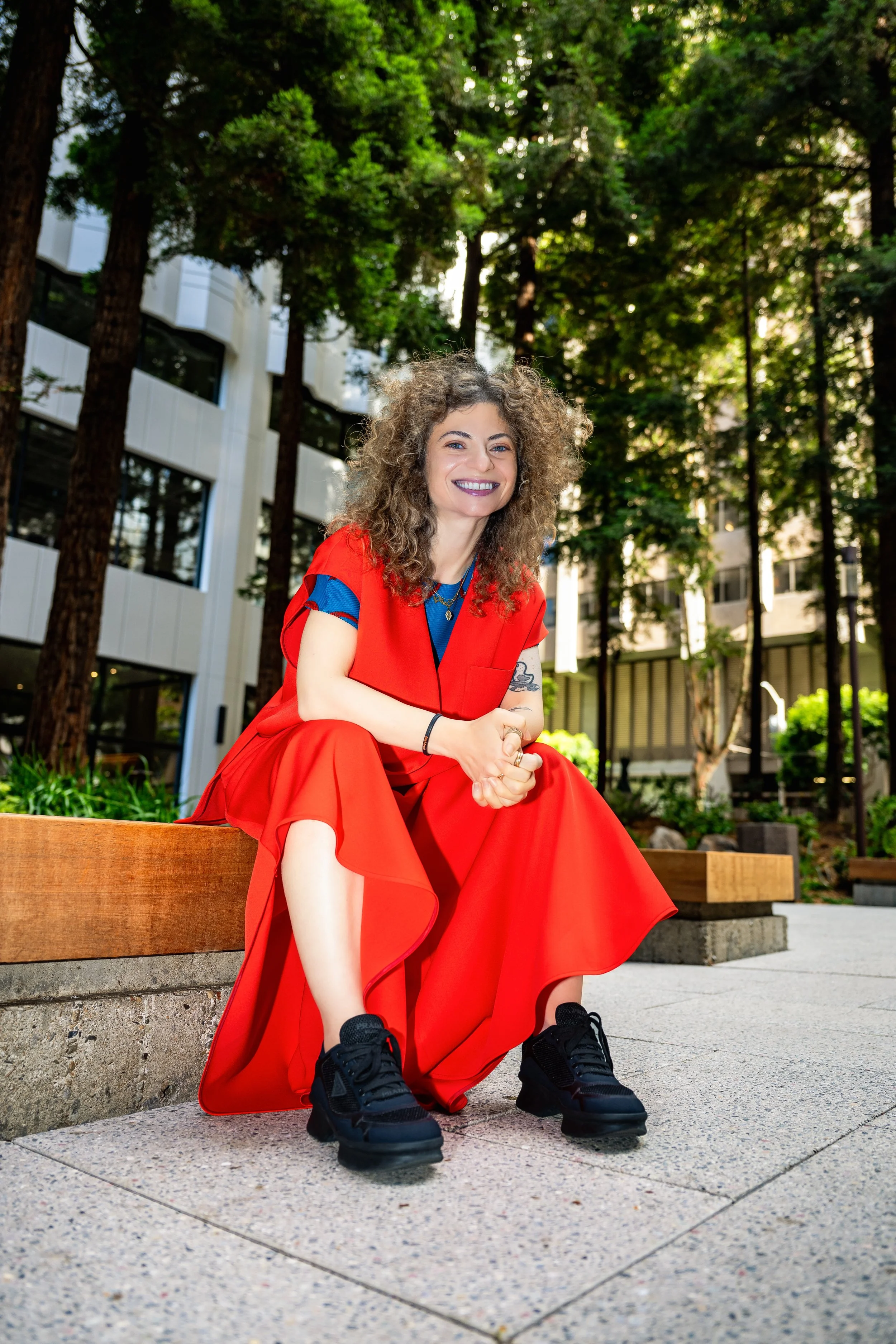Common Threads
Where Relational Systems meet Human Stories and Everyday Practice.
Common Threads is a project exploring how system dynamics, relational health, and storytelling can build stronger connections — across individuals, teams, and communities, amplifying shared goals.
Born from my background in product marketing, systems thinking, and communication, this project weaves together the personal and professional threads that have shaped my journey.
At its heart, Common Threads reflects a lifelong curiosity:
How do we design relational systems — in health, work, and life — that truly nurture connection, repair, and growth?
If you’re thinking about these questions too, I’d love to connect.
The case for stronger relational systems
*
The case for stronger relational systems *
Our everyday cost of ruptures
Relational ruptures — small breaks in trust, misunderstanding, or missed signals — happen dozens of times a day, especially as we move conversations online.
Digital communication strips up to 93% of emotional nuance that builds trust and understanding.
Even with powerful tools like Slack, Zoom, and AI scheduling bots, we haven’t yet built systems that support relational repair at scale.
So while we have tools that make task execution faster — reach multiple contacts with a single click.
We need systems that make connection stronger, filtering noise with shared intentionality.
Cultural awareness enables action
Relational health has entered the public conversation like never before.
Millions are turning to social media — guided by psychologists, coaches, and relational thought leaders — to better understand trauma, attachment, conflict repair, and emotional resilience.
Awareness is a crucial first step.
But knowing why connection matters isn’t enough.
Relational ruptures today ripple across every layer of human collaboration —
• Co-founders and co-builders navigating alignment, decision-making, and trust in fast-paced, high-stakes environments.
• Couples and family units balancing emotional needs, security, and evolving life paths.
• Friends and communities working to sustain shared values and mutual support amid increasing societal noise and fracture.
Even with billions spent annually on therapy, coaching, and leadership development,
sustainable systems for relational repair — practiced daily, not just diagnosed — remain rare.
We need systems that make relational health actionable, practiced, and lived.
“Practice is what transforms potential into connection.”
Signals all around us
93% of emotional meaning is nonverbal. (Mehrabian, Silent Messages)
Virtual communication causes 50% more misunderstandings than voice.(ScienceDirect)
The general picture on workplace conflict highlights the presence of widespread critical conditions in all occupational sectors. (NIH)
Workplace conflict costs $359 billion annually in lost productivity, turnover, and diminished performance. (CPP Study on Workplace Conflict)
40% of adults report serious unresolved conflict with immediate family members. (NIH)
Polarizing content spreads 6x faster than connective narratives on social media. (MIT Media Lab)
Relational repair systems are missing from AI innovation. (McKinsey 2023 Technology Trends)




